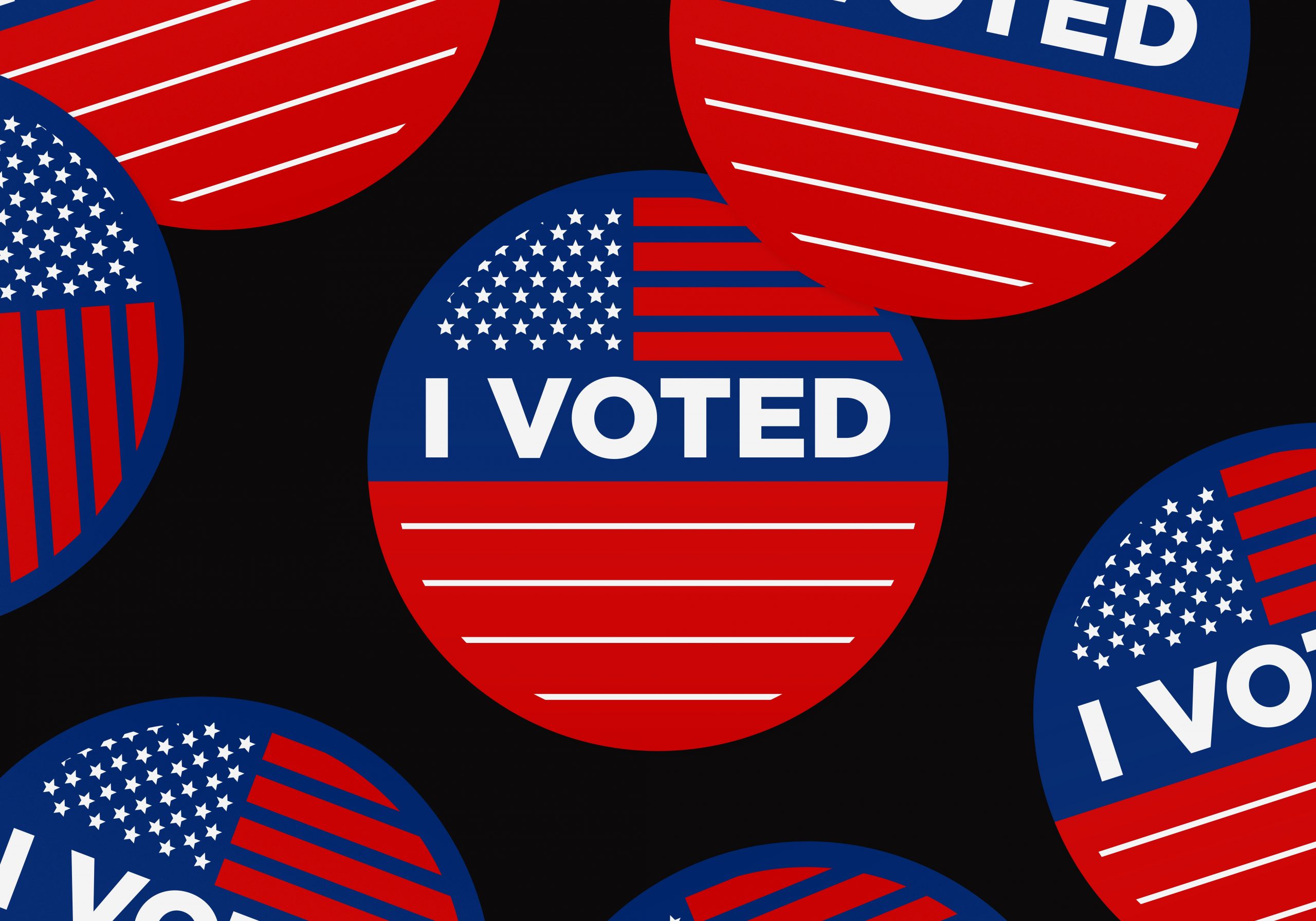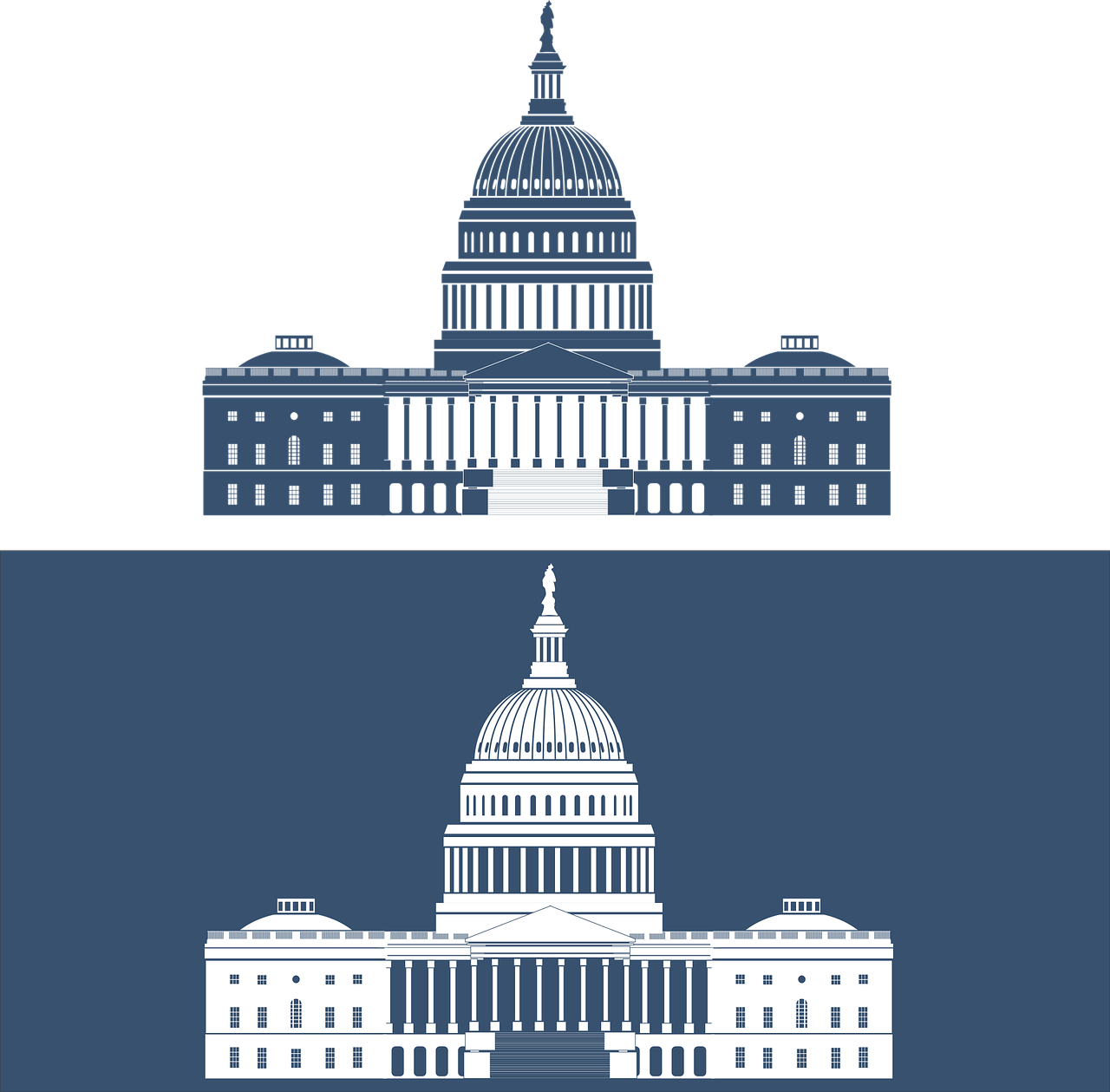Happy Wednesday! Welcome back to Visalawyerblog. In this post, we share some exciting news for beneficiaries of Temporary Protected Status (TPS), who initially entered the country without inspection or admission, but later received TPS, and are now seeking to apply for adjustment of status to lawful permanent residence.
Yesterday, October 27, 2020, a three-judge panel of circuit judges from the U.S. Court of Appeals for the Eighth Circuit, handed down a ruling in the case, Leymis Velasquez, et al v. William P. Barr, et al. This lawsuit was brought by plaintiffs Leymis Carolina Velasquez and Sandra Ortiz – two beneficiaries of Temporary Protected Status who were denied adjustment of status due to their initial unlawful entry into the United States.
The plaintiffs initially filed lawsuits against the United States government in federal district court and lost their cases, because the lower courts held that TPS recipients must be “inspected and admitted” in order to adjust their status to permanent residence. Because these plaintiffs initially entered the country without lawful inspection, they were deemed ineligible for adjustment of status, and their green card applications were subsequently denied by USCIS.
The American Immigration Lawyers Association (AILA) quickly mobilized and filed an appeal before the three-judge panel to settle once and for all the central issue in the case – whether a noncitizen who entered the country without inspection or admission, but later received TPS may adjust his or her status to lawful permanent residence, when the I-485 application requires the noncitizen to have been “inspected and admitted” into the United States.
The three-judge panel ultimately handed a victory to the plaintiffs finding that TPS beneficiaries may adjust their status to lawful permanent residence, despite having initially entered the country without inspection or admission, based on the applicant’s subsequent TPS status.
 Visa Lawyer Blog
Visa Lawyer Blog













